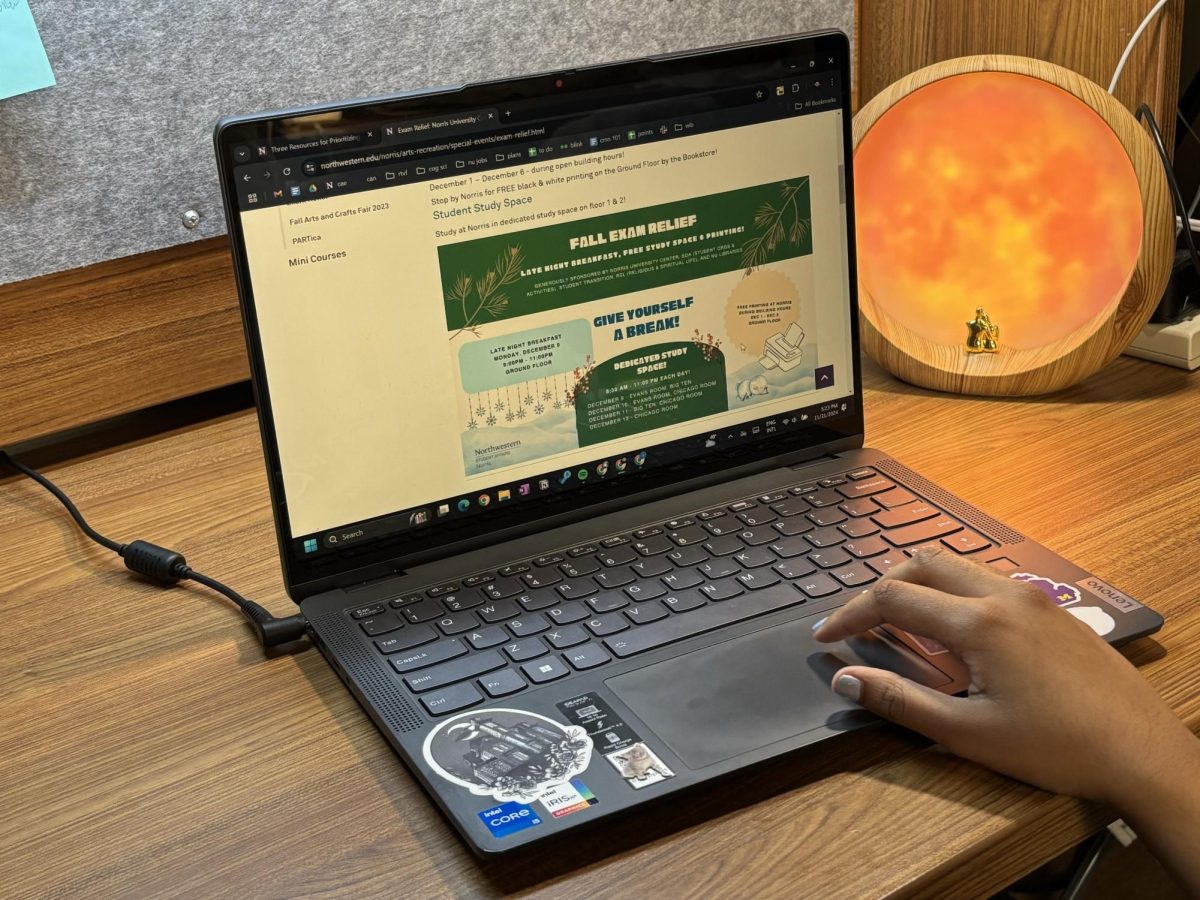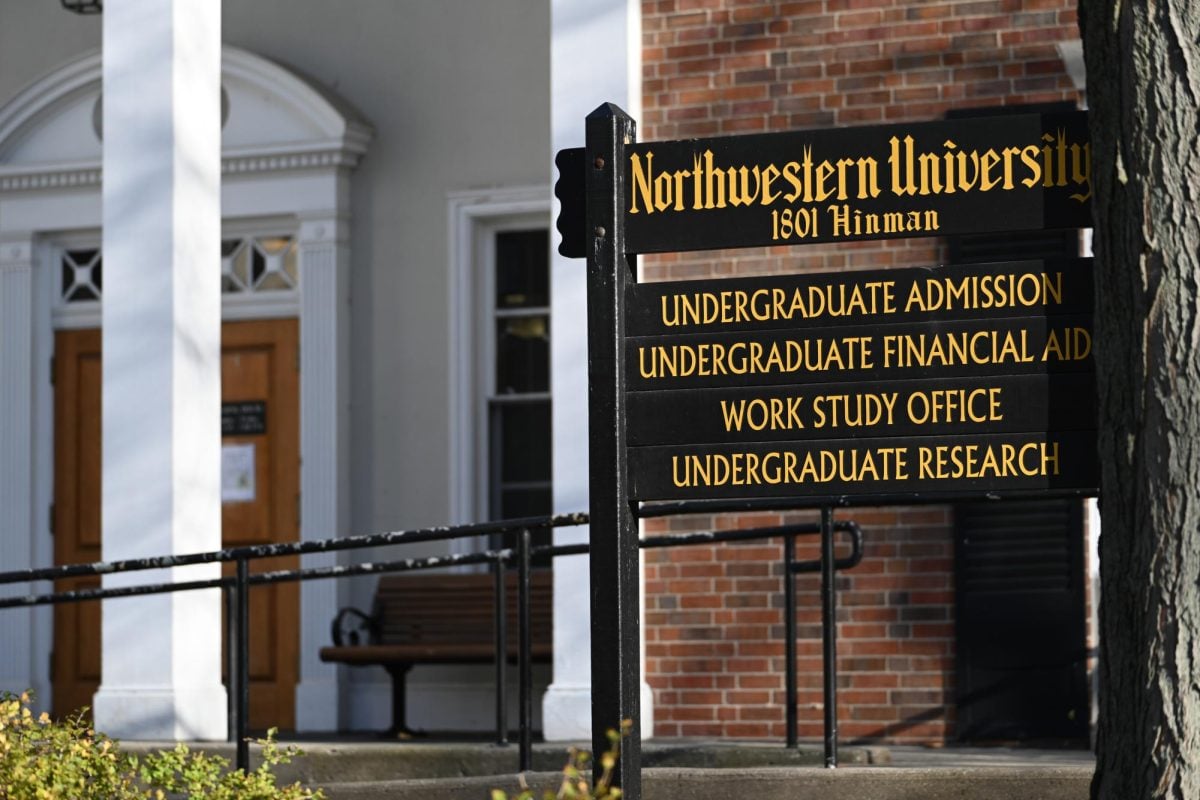MC Chee Malabar and DJ Ali entertained the crowd at the Theatre and Interpretation Center on Friday with a musical blend of old school hip-hop beats and conversational lyrics about their immigrant lives. Titled “Post-9/11 Brown,” the event was organized by Northwestern’s Department of Asian American Studies through Prof. Nitasha Sharma of African American Studies and Asian American Studies.
“He really in a way represents an American immigrant experience,” Prof. Sharma said. “He talks about representation, he tells narratives, he critiques the system and inequalities. He expresses himself and that’s what really got to me.”
Prof. Sharma has been studying South Asian-American hip-hop artists like Malabar for over 15 years, and her book, Hip Hop Desis: South Asian Americans, Blackness, and a Global Race Consciousness, features Malabar on its cover.
While Sharma sees him as an illustration of the life of an immigrant, Malabar said his music provides him an opportunity to also learn from others.
“For me, music is a shared experience,” Malabar said. “It’s kind of humbling to be in a spot like this where people actually care to hear you. In our society we don’t pause to just listen to people and hear their stories. If there’s something in my music that resonates with someone’s life, that’s dope. But I learn as much from my shows as I hope somebody learns from me, so it’s a give and take.”
Malabar originates from India, and Ali from Pakistan. The duo was joined on stage by MC Mo, who is a Pakistani from Bangladesh, and drummer Makaya McCraven, who was raised in Budapest, Hungary.
Malabar and Ali have been working together since 2005 when they met in Brooklyn, New York. While Ali describes his beats as “mid-90’s records, really boom-bap, New York-centric sound,” Malabar and Mo’s lyrics cover topics ranging from their personal experiences to broader issues like racism.
“I just want to approach my lyrics from where my life’s at,” Malabar said. “What is it like to be an immigrant and also a person of color? And as I’ve gotten older, the issues change, because now they’re more personal about my life.”
The musicians were also set to perform at “Voices of Resistance 10,” a Chicago event aimed to exhibit musical expressions and reflections of a post-9/11 world from a South Asian viewpoint.
According to Malabar, his music is a vehicle for him to express a different perspective on living as an American in a post-9/11 nation.
“Whatever influences us at home and what we grew up around, that’s what we try to take and appreciate,” Malabar said. “It’s impossible to divorce the world we live in. I don’t pretend to know what it’s like to be someone America believes I should be like and what I should act like. My work is ultimately a response to that. I’m not that, I’m something else, we’re all something else.”






